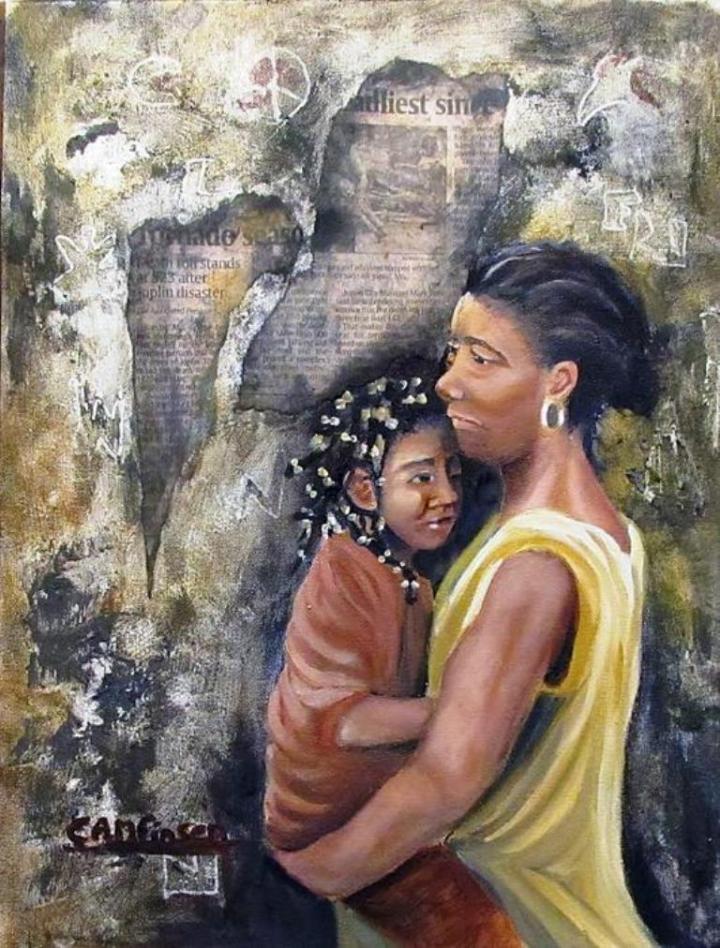A man watched his depressed wife murder their two children and then hand the gun over to him so he could fulfill his part in their suicide pact. He shot his wife and then could not pull the trigger to end his own life.
Afterward, when neighbors were asked to describe this husband and father, now accused of murder, they shrugged and said “he was just an ordinary man.”
Ordinary people sometimes commit egregious acts. The problem is that we only see the outside shell. It is what goes on inside the mind and the heart that triggers a horrible incident. What did that “ordinary” man do in his spare time when he wasn’t working or socializing with the neighbors? Was he drinking too much or getting hooked on something stronger?
Was he feeding the fires of revenge and hatred? Was he depressed? Did he spend his alone hours watching pornography and indulging in sexual fantasies or sadism. As Emerson once said “We are what we think.” We cannot know someone completely if their secret thoughts and acts are hidden.
When someone snaps, it’s usually the result of a gradual descent into depravity, pain, or grief; an accumulation of events that eventually reach a boiling point or explosion. The internal poison and pain build up until it must either find an outlet or an escape valve. Without this release, under pressure, acts of violence against self or others may occur.
There are no ordinary people. We are all subject to trauma, evil and sin. We all experience emotional and physical pain. It is simply an inescapable part of life. How can society prevent suicide or acts of violence from happening? How can we keep our family, friends and neighbors from acting out and, instead, reach out for help and assistance?
We need to pay attention. If you haven’t seen a neighbor in awhile and you know they are home, seek them out to see if they are all right. Don’t worry about being “nosy.” Assume a caring attitude and offer help. Sometimes a simple thing like taking the children for an afternoon to relieve an overwrought and over worked mom is all that is needed.

My neighbor Alice hadn’t seen me or my children for awhile. One day she showed up on my doorstep with a shovel and a start of a plant from her yard that I had admired. “I think you need some sunshine,” she quipped. “Let’s plant this start together – do you remember this?” She displayed the green leaves with the lavender spray of flowers.
As we planted, we talked. The sunshine not only warmed my body but my soul. I never told her what was bothering me, although she suspected postpartum depression since I’d just given birth to my fourth child a few weeks before. It didn’t matter. Her presence gave me the support and caring I needed and probably prevented me from doing something foolish.
As Rivvy Neshama wrote in her book “Recipes for a Sacred Life: True Stories and a few Miracles,” if we would just “look around and ask ourselves what is wanted? What is needed?” We might be able to prevent a tragedy in our own family or neighborhood.
Ordinary people look like you and me. They may even act like you and me. But the fact is that there is no such person. Each individual is unique and unrepeatable. Instead of trying to lump them together into a common understandable and repeatable entity, we should seek out the traits that make them different. Not for the purpose of dividing us, but to recognize the special qualities that define each of us.
If a red flag goes up or your gut instincts tell you something is wrong, heed the warnings. Don’t give your trust to just anyone. Trust must be earned. Canned phrases like “Muslims are peaceful people,” or blacks can’t be trusted” only add to your internal confusion.
Not everyone has your best interests at heart. Even “ordinary” people may intend harm. Learn to trust yourself. I know I’ve done it. I’ve talked myself into disregarding my gut instincts by saying things like “that’s racist,” or thinking that “just because he or she is Arab doesn’t make them a terrorist.” But what if they are? What if those warning vibes going off in your head are right and there’s a reason why they’re going off?
“Love thy neighbor” but make sure your neighbor has good intentions. As Ronald Reagan once said “Trust, but verify.”
Ordinary people deserve your good will, but looks can be deceiving. In this distressful and confusing world, kindness and friendliness are needed more than ever, but don’t be a fool. You only have one life to live and perhaps one chance to save it.
Consider your surroundings. Proceed with caution. And trust your internal antennae. Don’t throw caution to the wind because you’re ashamed of feeling uneasy in someone else’s presence. Protect your instincts first and act before it’s too late.

